1.6K
By Robin Andersen, Nolan Higdon, and Steve Macek
According to a 2022 report by Article 19, an international organization that documents and champions freedom of expression, 80 percent of the world’s population lives with less freedom of expression today than did ten years ago. The eradication of basic freedoms and rights is partly due to the pervasive normalization of censorship. Across media platforms, news outlets, schools, universities, libraries, museums, and public and private spaces, governments, powerful corporations, and influential pressure groups are suppressing freedom of expression and censoring viewpoints deemed to be unpopular or dangerous. Unfortunately, physical assaults, legal restrictions, and retaliation against journalists, students, and faculty alike have become all too common, resulting in the suppression of dissenting voices and, more broadly, the muffling and disappearance of critical information, controversial topics, and alternative narratives from public discourse.
We collaborated with an accomplished group of international scholars and journalists to document this disturbing trend in Censorship, Digital Media and the Global Crackdown on Freedom of Expression (Peter Lang 2024). Our collective work analyzed contemporary and historical methods of censorship and anti-democratic impulses that threaten civil society, human rights, and freedoms of information and expression around the world today. The collection explains how a rising tide of political tyranny coupled with the expansion of corporate power is stifling dissent, online expression, news reporting, political debate, and academic freedom from the United States and Europe to the Global South.
The Assault on Press Freedom
Our volume reveals an epidemic of censorship and attacks on journalists and free speech around the globe. Although completed prior to the horrifying atrocities of October 7, 2023, in Israel, the text provides context for understanding that Israeli violence against Palestinians since October 7, including the murder of journalists, has been decades in the making. This strategy initially took hold with the assassination of the veteran Al Jazeera reporter Shireen Abu Akleh, a Palestinian-American, as she documented Israel’s occupation of Jenin. The world has now witnessed the full flowering of the Israeli-state aggression against Palestinians that led to her murder. To date, Israel has killed more than 100 media workers in Gaza, raising the concern and outrage of numerous press freedom organizations and seventy UN member states that have now called for international investigations into each one of the murders. As the International Federation of Journalists reported, “Killing journalists is a war crime that undermines the most basic human rights.”
Journalists around the globe are repeatedly targeted because their profession, which is protected constitutionally in many nations, exists to draw attention to abuses of power. Thus, it is no surprise that the rise in global censorship has entailed the targeting of journalists with violence, imprisonment, and harassment. In Russia, journalists are jailed and die in custody, as they do in Egypt, Saudi Arabia, China, and Hong Kong. In Mexico, there are “silenced zones,” controlled by a deadly collaboration between drug gangs and government corruption, where journalists are routinely killed. In 2022, Mexico was the most dangerous country for journalists outside of a war zone.
The assault on press freedom has also been normalized in self-proclaimed democracies such as the United Kingdom, where WikiLeaks founder Julian Assange has been imprisoned for more than five years, and in the United States, which has targeted Assange with espionage charges simply for promoting freedom of information. Although US presidents and other national figures often refer to the United States as “the leader of the free world,” the United States now ranks 55th in the world on the Reporters without Borders 2024 World Press Freedom Index.
Repression of Artists and Academics
News outlets and their workers are not the only targets of the current wave of repression. Hollywood has long been shaped—and censored—by government and corporate power. For example, our book includes a chapter on the Pentagon’s long-standing influence on Hollywood, which has resulted in the film industry abandoning production of hundreds of films deemed unacceptable by the military.
In addition to media, educators and academics are increasingly subject to repressive measures that muzzle freedom of information and expression. Scholars and institutions of higher education sometimes produce research that challenges the myths and propaganda perpetuated by those in power. And even when they don’t, autonomy from micromanagement by government authorities and private funders is a prerequisite for the integrity of scholarly research and teaching, which tends to make elites exceedingly nervous. This is why universities and academic freedom are increasingly under siege by autocratic regimes and right-wing activists from Hungary to Brazil and from India to Florida.
Alarmingly, the latest Academic Freedom Index found that more than 45 percent of the world’s population now lives in countries with an almost complete lack of academic freedom (more than at any time since the 1970s). In Brazil, the government of right-wing president Jair Bolsonaro attempted to ban education about gender and sexuality, slashed budgets for the country’s universities, and threatened to defund the disciplines of philosophy and sociology. In 2018, Hungary’s conservative Fidesz government shut down graduate programs in gender studies, forced the country’s most prestigious university, the Central European University, to relocate to Austria, and sparked months of protests at the University of Theater and Film Arts in Budapest by making unpopular changes to the school’s board of trustees. Something similar happened in Turkey, where, since 2016, the ruling regime has suspended thousands of professors and administrators from their university posts for alleged ties to the outlawed Gülen movement and shut down upwards of 3,000 schools and universities. Meanwhile, in the United States, several Republican-controlled state legislatures have enacted draconian laws prohibiting or severely limiting teaching about race, sexuality, and gender in college classrooms. Under the influence of its arch-conservative governor, Ron DeSantis, Florida eliminated sociology as a core general education course at all of its public universities.
Big Tech Censorship
Censorship is nothing new, but the pervasive influence of the internet and the development of so-called artificial intelligence (AI) have created new, more nefarious opportunities to crack down on freedoms around the globe. So-called smart platforms and tools have created new forms of Big Tech control and content moderation, such as shadowbanning and algorithmic bias. Regimes have set up a form of quid pro quo with tech companies, demanding certain concessions such as removing unfavorable content in exchange for government access to otherwise private information about tech platforms’ users. For example, in the United States, tech companies depend on large government contracts and, as a result, often work with government officials directly and indirectly to censor content. Nor do they block only false or misleading content. Social media platforms have also been found to censor perfectly valid scientific speculation about the possible origin of COVID-19 and instances of obvious political satire.
These restrictive practices are at odds with Big Tech PR campaigns that trumpet the platforms’ capacity to empower users. Despite this hype, critical examination reveals that privately controlled platforms seldom function as spaces where genuine freedom of information and intellectual exchange flourish. In reality, Big Tech works with numerous national regimes to extend existing forms of control over citizens’ behaviors and expression into the digital realm. People are not ignorant of these abuses and have taken action to promote freedom across the globe. However, they have largely been met by more censorship. For example, as social media users took to TikTok to challenge US and Israeli messaging on Gaza, the US government took steps to ban the platform. Relatedly, Israel raided Al Jazeera’s office in East Jerusalem, confiscated its equipment, shuttered its office, and closed down its website.
Our book also details the complex history and structures of censorship in Myanmar, Uganda, and the Philippines, and popular resistance to this oppression. To this catalog of examples, we can add India’s periodic internet shutdowns aimed at stifling protests by farmers, the blocking of websites in Egypt, and the right-wing strongman Jair Bolsonaro’s persecution of journalists in Brazil. Each of these cases is best understood as a direct result of a rise in faux populist, right-wing authoritarian politicians and political movements, whose popularity has been fostered by reactionary responses to decades of neo-liberal rule.
What Is to Be Done?
Censorship is being driven not only by governments but also by an array of political and corporate actors across the ideological spectrum, from right-wing autocrats and MAGA activists to Big Tech oligarchs and self-professed liberals. Indeed, when it comes to censorship, a focus on any one country’s ideology, set of practices, or justifications for restricting expression risks missing the forest for the trees. The global community is best served when we collectively reject all attempts to suppress basic freedoms, regardless of where they emerge or how they are implemented.
To counter increasing restrictions on public discourse and the muzzling of activists, journalists, artists, and scholars, we need global agreements that protect press freedom, the right to protest, and accountability for attacks on journalists. Protection of freedom of expression and the press should be a central plank of US foreign policy. We need aggressive antitrust enforcement to break up giant media companies that today wield the power to unilaterally control what the public sees, hears, and reads. We also need to create awareness and public knowledge to help pass legislation, such as the PRESS Act, that will guarantee journalists’ right to protect their sources’ confidentiality and prevent authorities from collecting information about their activities from third parties like phone companies and internet service providers.
Moreover, widespread surveillance by social media platforms and search engines, supposedly necessary to improve efficiency and convenience, ought to be abandoned. All of us should have the right to control any non-newsworthy personal data that websites and apps have gathered about us and to ask that such data be deleted, a right that Californians will enjoy starting in 2026.
In addition, we should all support the efforts of organizations such as the American Association of University Professors, Article 19, and many others to fight back against encroachments on academic and intellectual freedom.
Supporters of free expression should also vigilantly oppose the ideologically motivated content moderation schemes Big Tech companies so often impose on their users.
Rather than trusting Big Tech to curate our news feeds, or putting faith in laws that would attempt to criminalize misinformation, we need greater investment in media literacy education, including education about the central importance of expressive rights and vigorous, open debate to a functioning democracy. The era of the internet and AI demonstrates the urgent need for education and fundamental knowledge in critical media literacy to ensure that everyone has the necessary skills to act as digital citizens, capable of understanding and evaluating the media we consume.

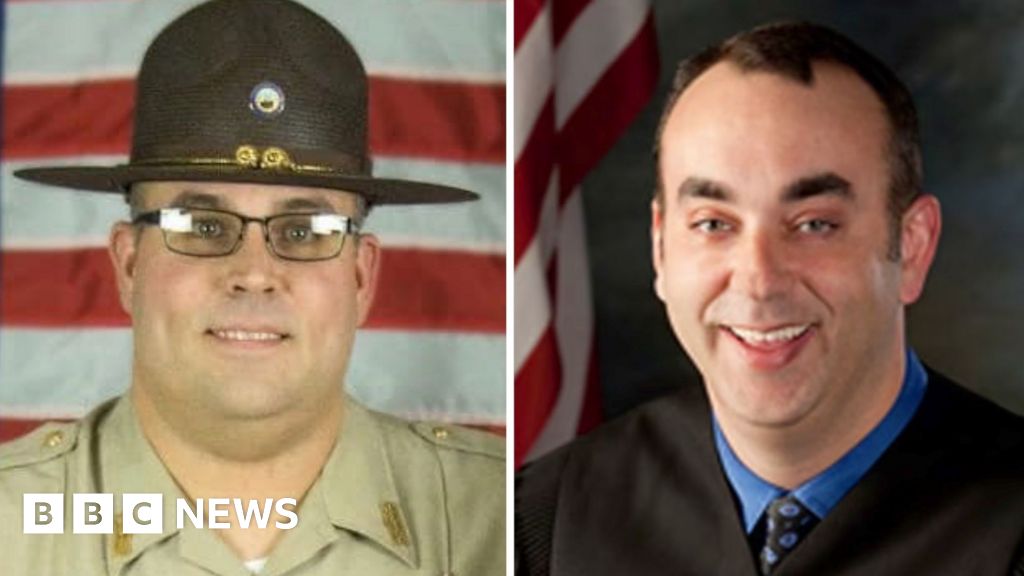







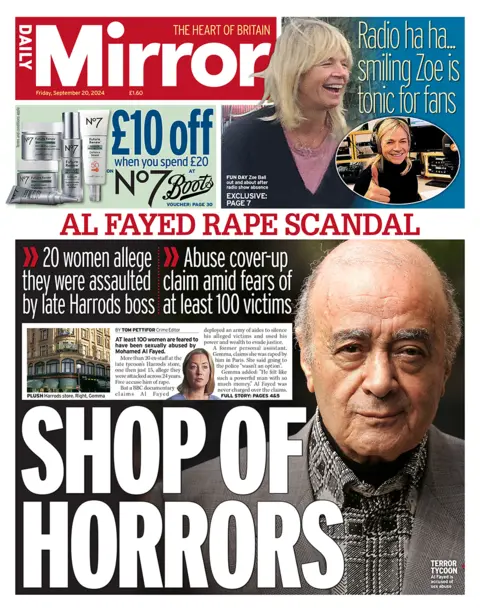

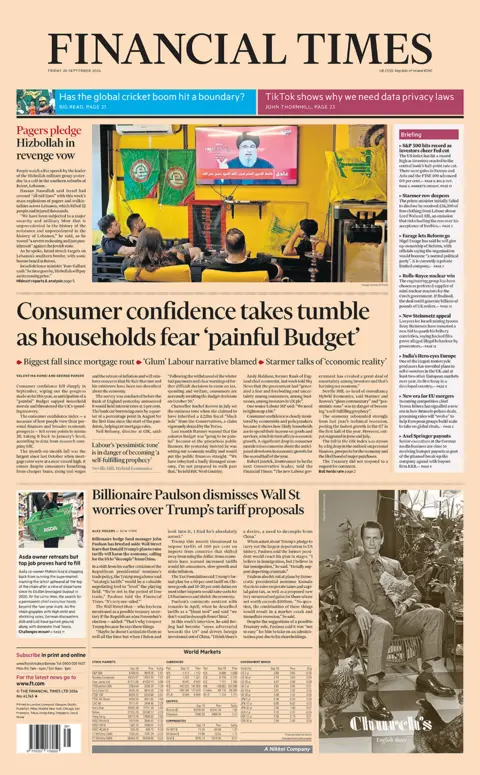






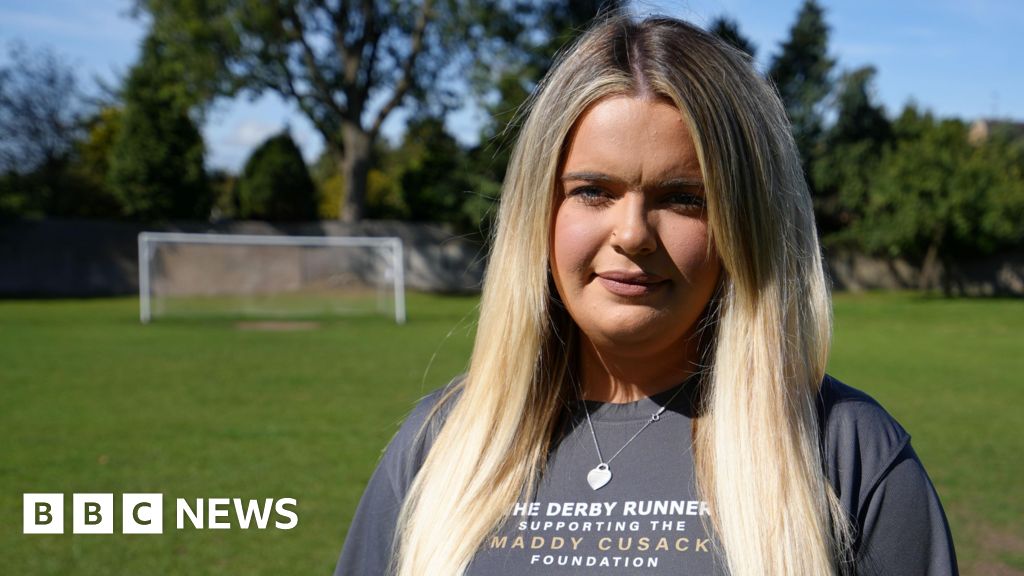

















































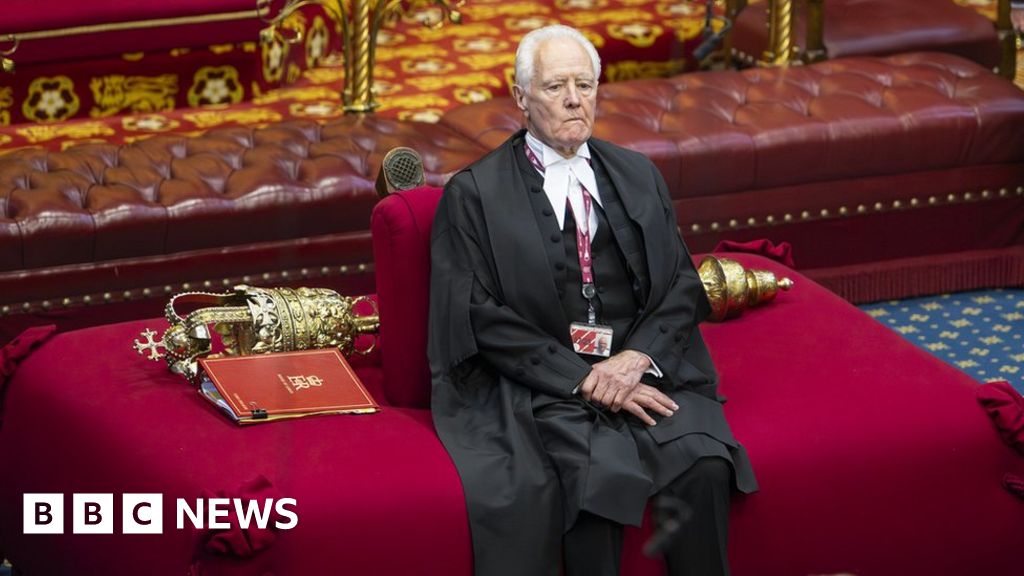













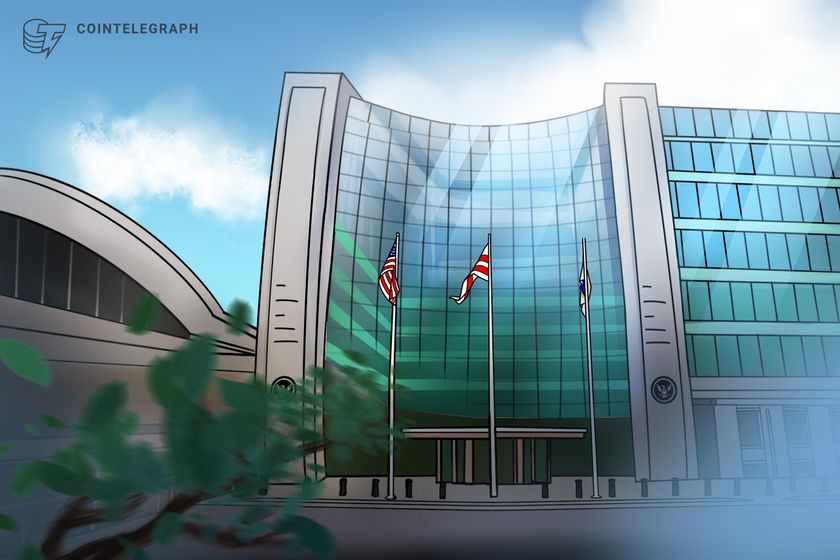

















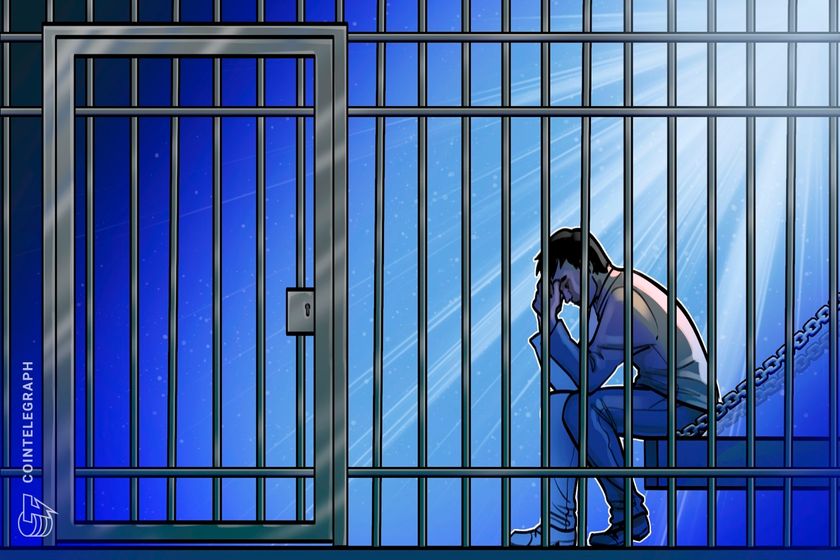


























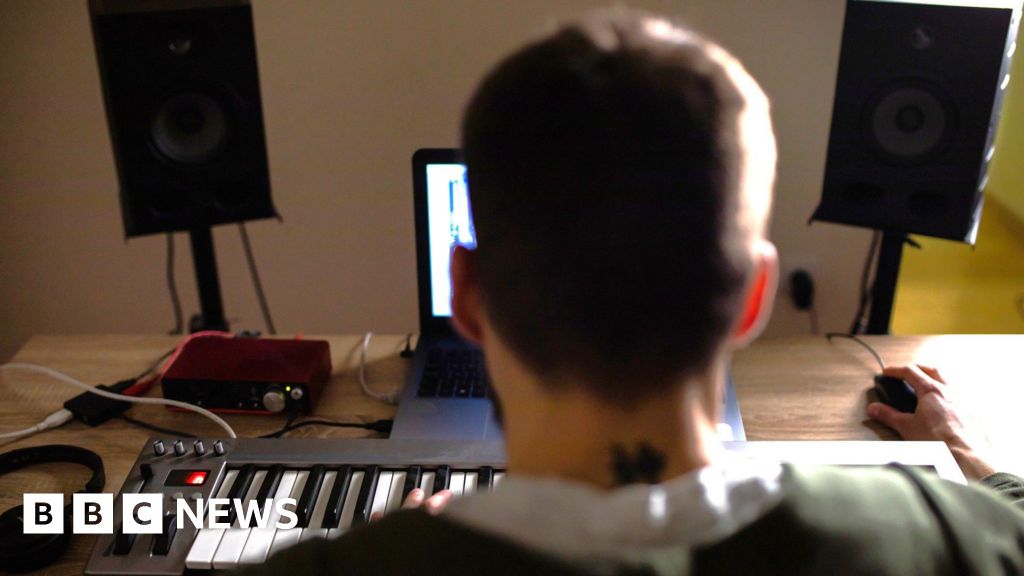


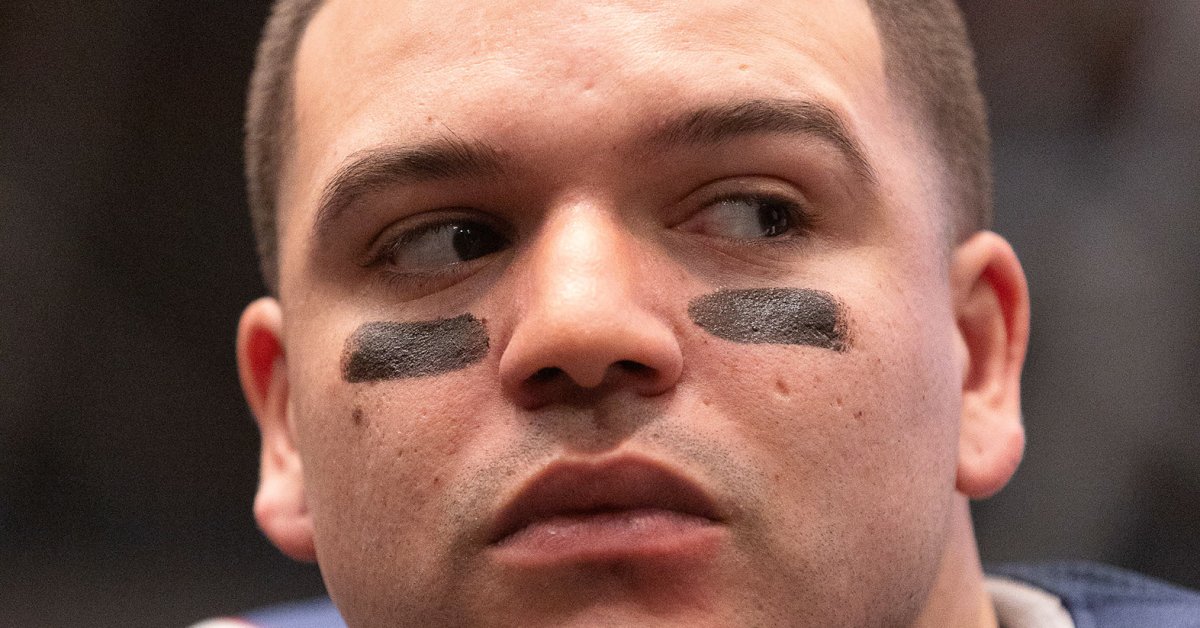









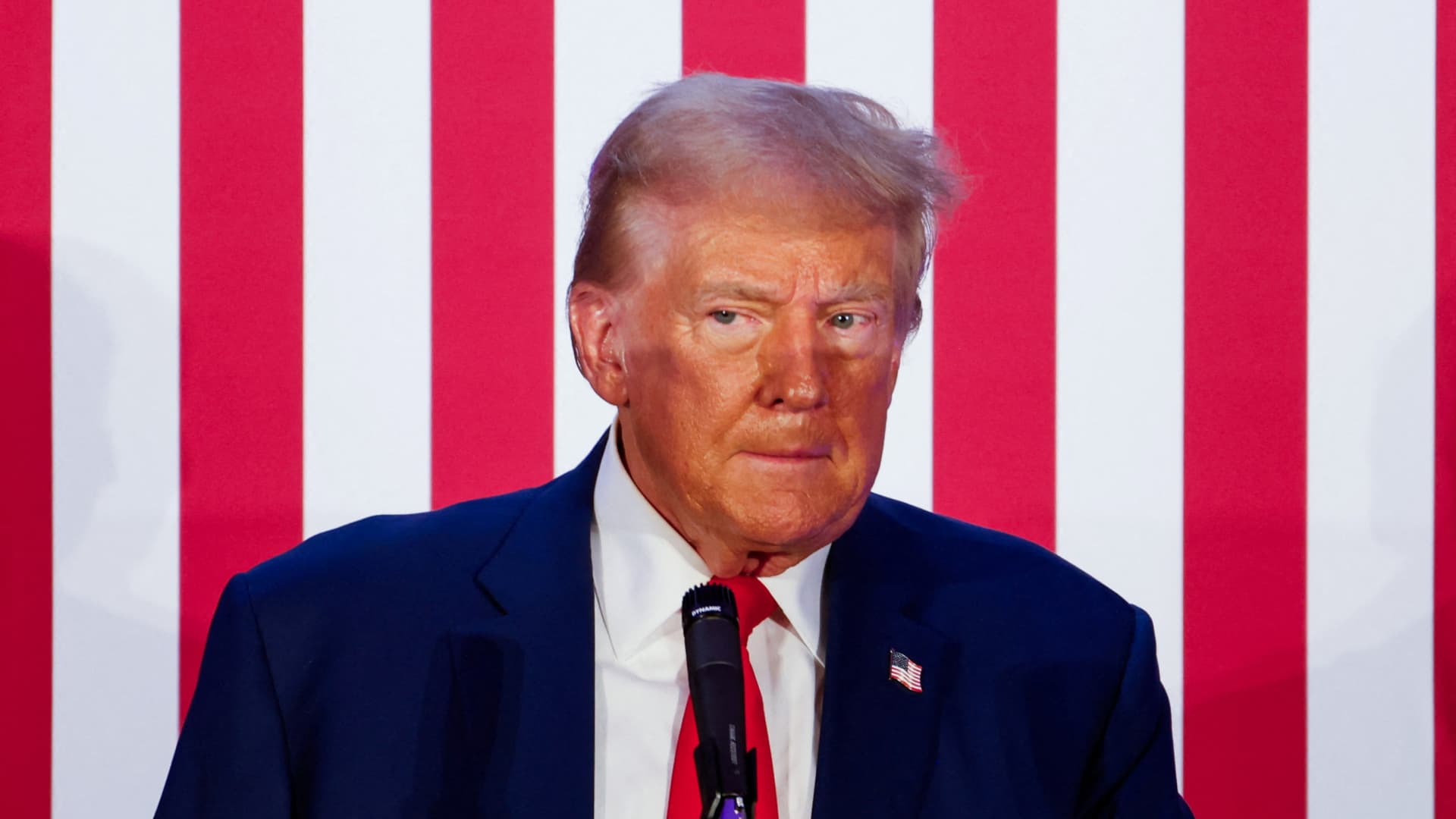

You must be logged in to post a comment Login